Loneliness
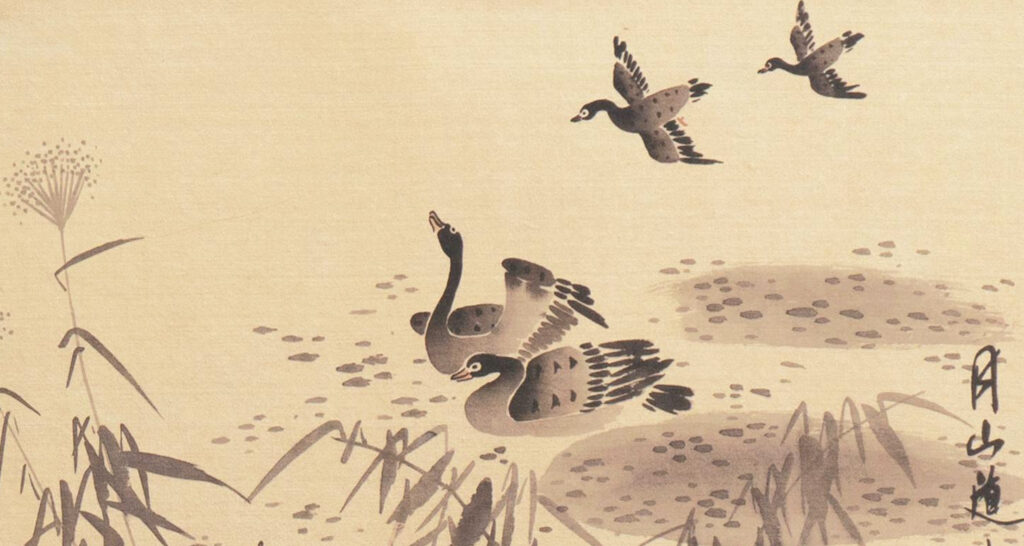
Ren Renfa, Detail, Geese on a Lake, Chinese scroll, Sumi-e, Song, Yuan Dynasty
Wild Geese
by Mary Oliver
You do not have to be good.
You do not have to walk on your knees
for a hundred miles through the desert repenting.
You only have to let the soft animal of your body
love what it loves.
Tell me about despair, yours, and I will tell you mine.
Meanwhile the world goes on.
Meanwhile the sun and the clear pebbles of the rain
are moving across the landscapes,
over the prairies and the deep trees,
the mountains and the rivers.
Meanwhile the wild geese, high in the clean blue air,
are heading home again.
Whoever you are, no matter how lonely,
the world offers itself to your imagination,
calls to you like the wild geese, harsh and exciting–
over and over announcing your place
in the family of things.

Loneliness
The United States Surgeon General calls it a public health crisis, another kind of pandemic. Over half of American adults report measurable levels of loneliness.
Escaping loneliness can seem impossible, precisely because one is alone with it. So what can I do to break through? Mary Oliver in the first part of this poem suggests the first step is not to be concerned with self-worth, as if humility were required in order to deserve not being lonely. Rather than trying to be flawless, penitent, and without sadness, I can just be honest in my “soft animal body”, and there will be someone who needs my openness and listening. Someone also to confide in : “Tell me about despair, yours, and I will tell you mine.”
The second part of the poem offers a consolation. Oliver’s geese call out to me as a member of “the family of things.” Because I am a natural being, no matter who or where I am, I always belong to the light, water, mountains, and trees, which say “Welcome!” to my senses, and invite me to mingle with them whenever I need. This assurance may not completely dispel loneliness, but might prompt a vital change of mind and heart. The writer May Sarton commented that loneliness is a poverty of self, solitude a richness of self. She didn’t capture all the challenging contexts for loneliness, but hints at what can be done to cultivate the benefits of solitude. There are so many riches for free to bring into my life, and my self. A “richness of self” is the antidote to self-pity. It leads me to learn I am not alone, because the more I “love what I love”, the more I have to share.
What are the riches you find in solitude?
Have you reached out at the right time, to someone who who might have needed your presence?


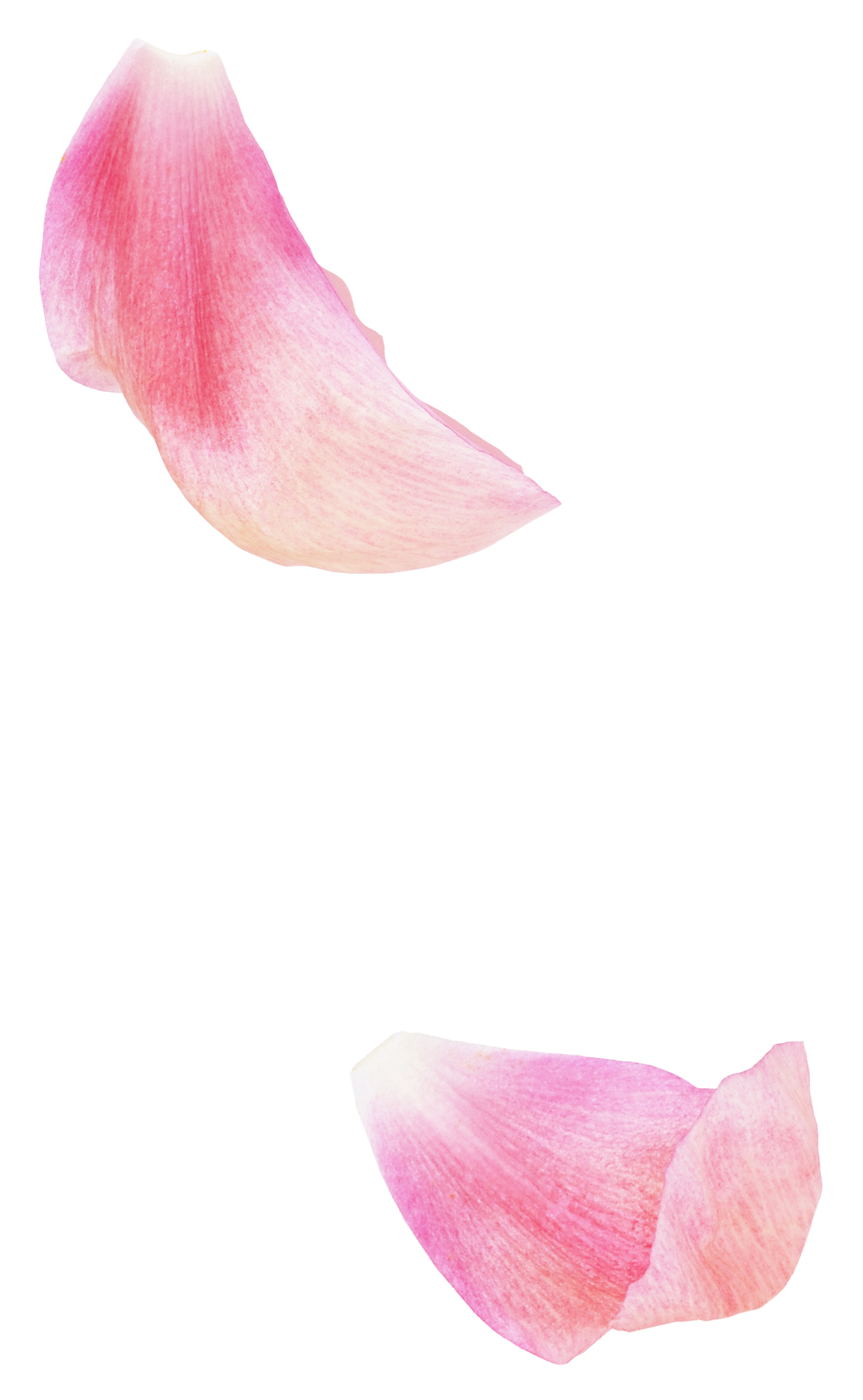
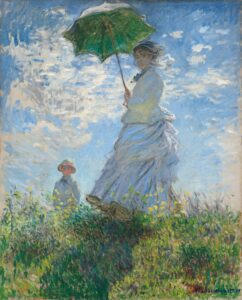
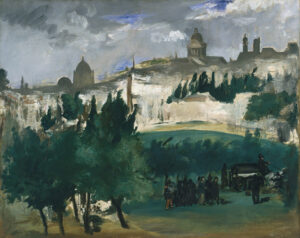
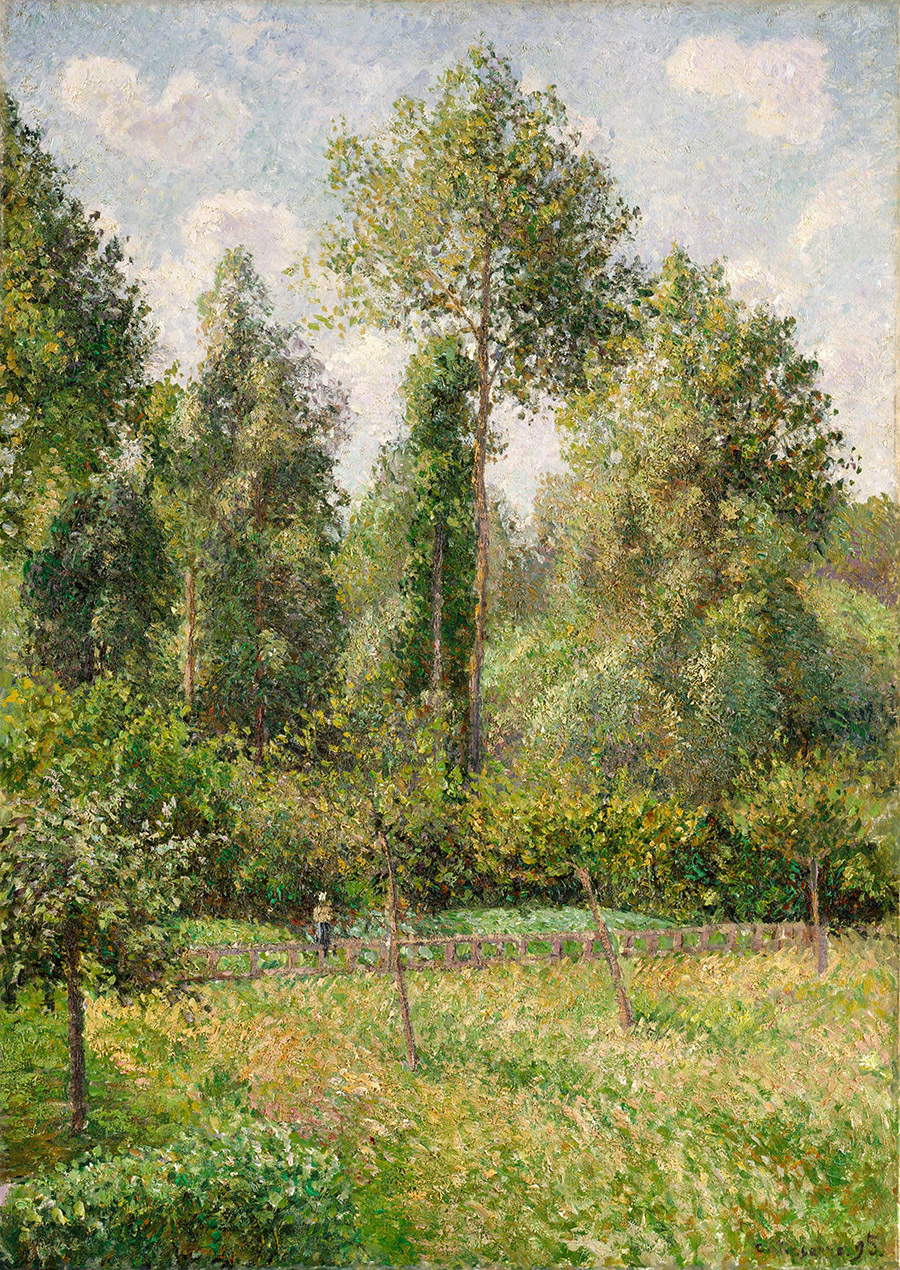
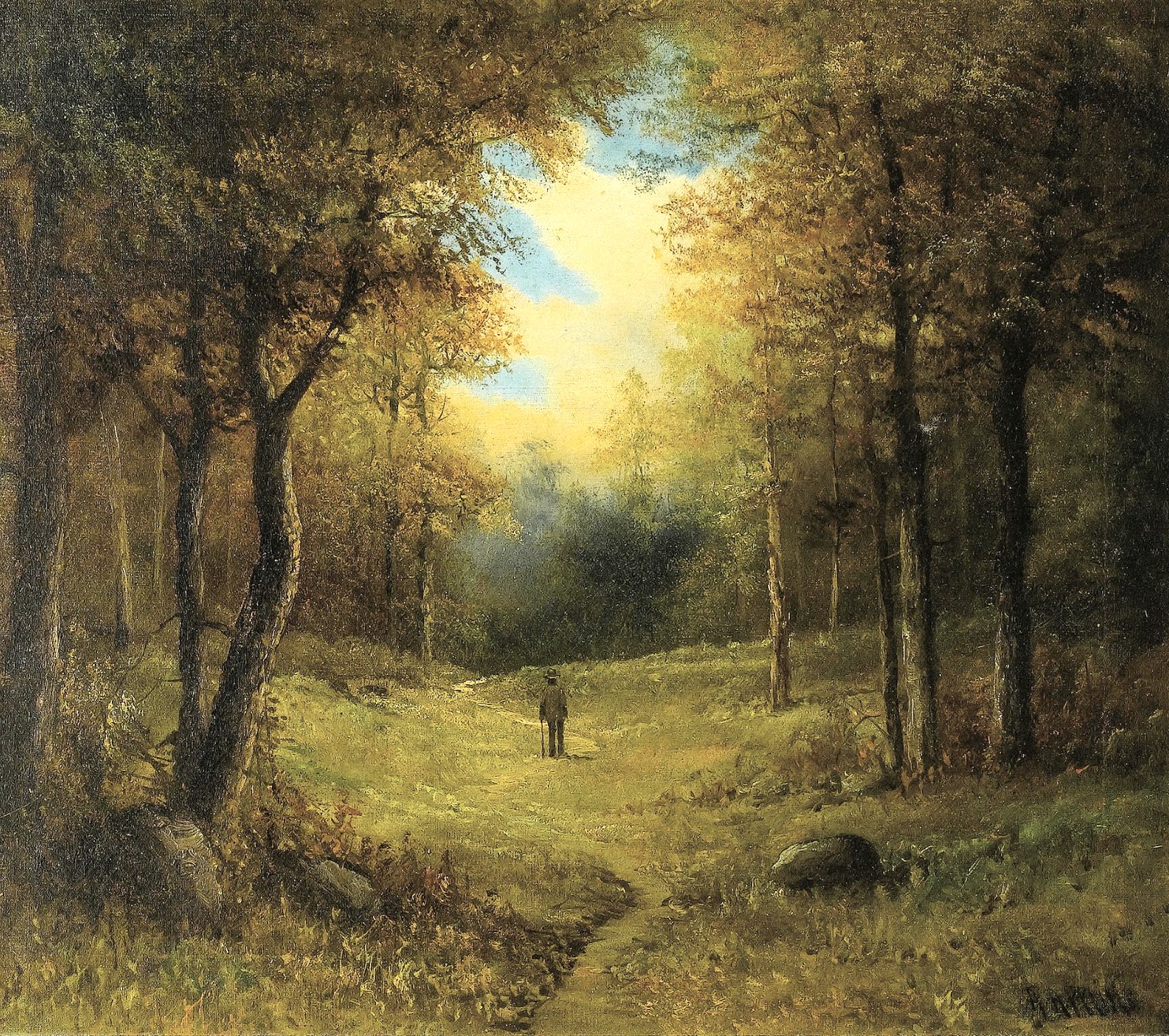
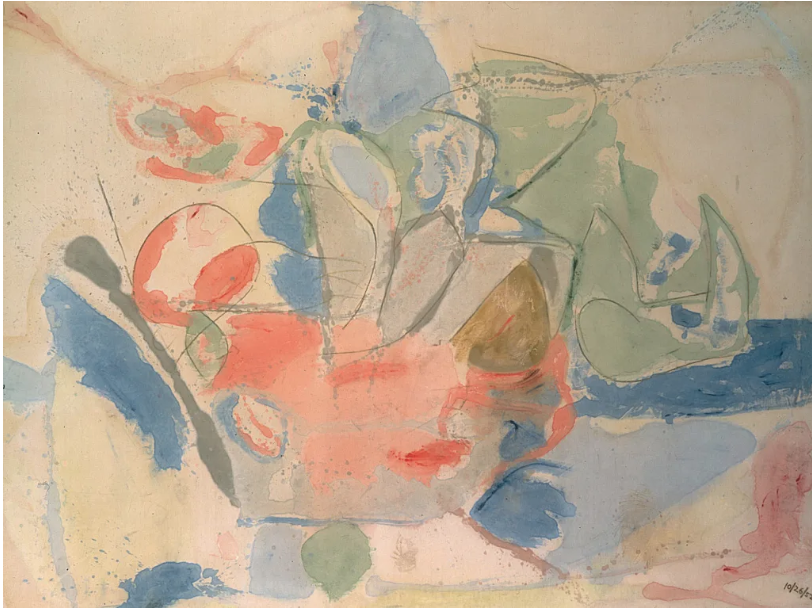

2 Comments. Leave new
This makes me think of a friend of ours who is currently experiencing a particularly difficult loneliness. From our own experience, we know that it is hard to look around and imagine that the rest of the world is going on as usual when in this state of mind. However, through this, he has been freed to experience his own thoughts and activities, and we are doing what we can to help ease this situation.
Thank you, GK for this portrait, not only of loneliness, but of the balm of friendship. It sounds as though your friend might have lost a close loved one, with whom he was accustomed to sharing those thoughts and activities. Indeed, a particularly challenging form of loneliness is that which requires an adaptation to a new way of being. Friends, like you, are golden in such a life. Mary Oliver suggests that a gentle way of seeing that the world is still going on, and not indifferently, is to look into the natural world, the “family of things” where one can feel an ease of belonging. If you and he look together, what a bonus of comfort your friend would feel. May he be healed soon.